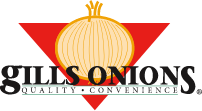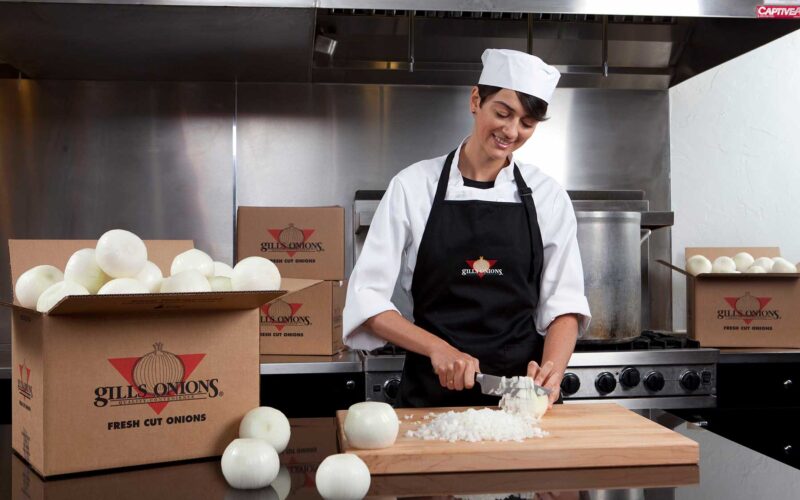So much of commercial kitchen safety is synonymous with food safety. When you work in foodservice, it is paramount that your kitchen stays clean. But what happens when the food in your kitchen is the culprit?
Cross-contamination – the transfer of harmful bacteria in a kitchen from food, surfaces, and utensils — is too easily overlooked. Doing so can have serious consequences. The good news is that the risk of cross-contamination can also easily be reduced. Just keep these tips in mind.
Store Items Separately
From the time food arrives in your kitchen and throughout its time in storage, it is crucial that you keep foods apart. Remember, foods need contact to cross-contaminate.
Raw meats, poultry, and seafood should be kept in sealed containers or bags to prevent their juices from leaking onto surfaces or other foods. Meats that are marinating should also be kept in cold storage. All of these products should be refrigerated in a separate area from other foods like vegetables, fruits, and dairy.
Similarly, items like fresh eggs should stay in their original packaging and be refrigerated as soon as they are delivered.
Make Food Prep a Cleaner Process
The first rule of safe food prep is wash — wash often and wash well.
All employees should wash their hands with warm soapy water for at least 20 seconds before and after they work with food in the kitchen. They should also wash hands before switching between foods.
Hot soapy water should also be used along with disposable paper towels or clean kitchen cloths to wipe down surfaces in the kitchen or clean up spills during food preparation. Cloths should only be used once and then should be sanitized in a hot washing machine cycle before being used again.
Every utensil used in the kitchen should be washed just as religiously — including cutting boards, dishes, spoons, knives, measuring cups, etc.
Never reuse a cutting board. Cutting boards should always be clean and used for one type of food — one board for raw meat, another for produce, another for seafood, another for poultry, and so on.
Finished food should be placed on a clean plate. Never put cooked food back onto a plate that held it raw.
Value-Added Onions Reduce Cross-Contamination
Did you know that unpeeled raw onions bought in bulk can bring unsanitary dirt and bacteria into your kitchen?
Extensive testing shows that sack onions can contain 100 to 1000 times more bacteria, yeasts, and molds than Gills Whole Peeled Onions. The key to a cleaner kitchen is eliminating these germs before they arrive.
Every Gills onion goes through an HACCP-approved cleaning process with chlorine dioxide treated water, metal detection, and strict temperature controls. Our in-house laboratory is fully equipped with expert staff that oversee and verify the cleanliness of both our product and our equipment.
Our products are also verified by a host of reputable third-party organizations including:
- Primus
- AIB
- NSF Davis Fresh
- Steritech
- US Army
- NSF
- NSF Quality Assurance International
And our cleaning and preparation program is GTiM compliant.
With Gills Whole Peeled Onions, you can reduce the risk of cross-contamination and enjoy the best onions in the business. But don’t take our word for it. Our onions speak for themselves.
Ready to try onions the Gills Way? For more information, contact our sales department.

